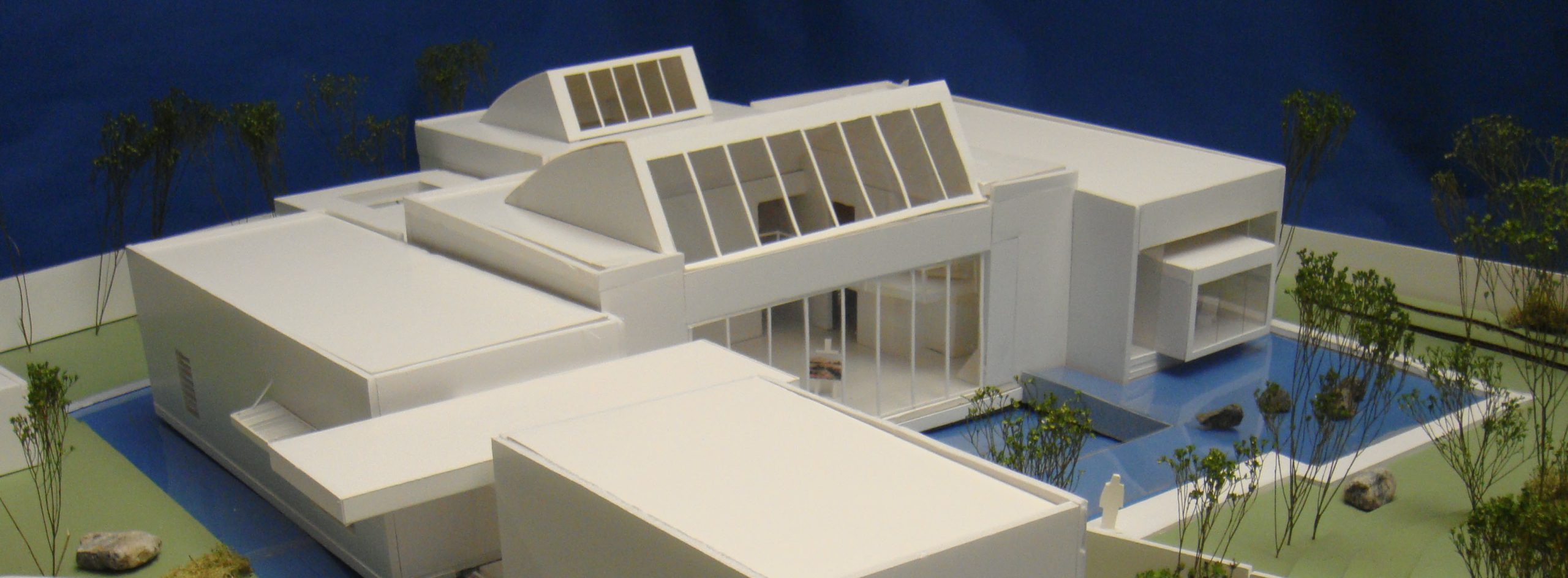At-Risk vs Agency

This term, commonly abbreviated as CM At-Risk or CMAR, refers to a specific type of project delivery method as well as a contractual relationship between CM and client.
Construction Management At-Risk
This term, commonly abbreviated as CM At-Risk or CMAR, refers to a specific type of project delivery method as well as a contractual relationship between CM and client.
If you engage a construction manager at-risk (CMR), the CMR agrees to coordinate, oversee and deliver your facility for a guaranteed maximum price. In this legal relationship, the CMR advises the client from the time of project inception, and acts as the general contractor.
Construction Management Agency
This term, although similar to CMAR, describes a type of relationship, rather than project delivery method. In a construction management agency (CMA) relationship, the CM represents the client as their dedicated representative. The CM can legally act on behalf of the client to sign documents and make project-specific decisions.
A CMA agreement can be structured to span the entire lifecycle of a project, from design through turnover, or for a specific segment of the design or building process.
PM (Project Manager) : $133,116.00
OR (Owners Representative) : $120,500.00
CM (Construction Manager) : $5,336.00
Construction Managers
| Service Remaining | Hourly* | Monthly | Annual |
|---|---|---|---|
| Top Earners | $55.45 | $9,611.33 | $115,336.00 |
| Average | $47.36 | $8,209.00 | $98,500.00 |
| Starting | $36.30 | $6,326.00 | $75,920.00 |
Alternative Project Delivery Methods
In addition to the CMAR method of project delivery, you can also choose the Design-Build (DB) or Design-Bid-Build (DBB) approach.
Traditionally, most building projects have used the DBB method. In this approach, the client contracts with one company to complete the architecture and engineering phase of the project, and another firm to oversee the construction phase. The DBB method has become less popular in recent years, as it exposes the client to the highest levels of risk.
An Owner’s Representative works for the best interest of the owner and intervenes and advocates for the owner’s goals for the project. Project and construction managers oversee their own team’s work for the service they’re offering and would work only for their firm’s benefit and interests.
Construction Owners Representative Salary
| Service Remaining | Hourly* | Monthly | Annual |
|---|---|---|---|
| Top Earners | $57.93 | $10,041.00 | $120,500.00 |
| Average | $40.49 | $7,018.00 | $84,221.00 |
| Starting | $25.96 | $4,500.00 | $54,000.00 |
A PM supervises the CM. The project manager has greater responsibility to the project, as he/she oversees more than the construction process. Therefore, a project manager will often supervise a construction manager.
The project manager is responsible for quality, schedule, and budget, but not for the people-related functions like training and discipline. A project manager usually reports to a manager, director, or vice president of project management although they can report to any manager in the hierarchy.
| Service Remaining | Hourly* | Monthly | Annual |
|---|---|---|---|
| Top Earners | $64.00 | $11,93.00 | $133,116,00 |
| Average | $52.00 | $9,013.00 | $108,160.00 |
| Starting | $45.00 | $7,800.00 | $93,600.00 |
The primary difference in a construction superintendent versus a project manager is that construction superintendent’s work on construction sites alongside their construction workers, while project managers typically oversee the administrative aspects of a project and work off-site.
Construction manager, project manager, what’s the difference?
As it turns out, quite a bit, and understanding those differences is crucial to any construction firm hoping to make it to the next level.
Small firms tend to have one person who serves as both the project and construction manager. That could be holding the firm back, as those are very different roles that require unique talents. Construction managers and project managers have their own tasks, their own responsibilities, and their own project management or construction management software.
Here are a few key differences between a construction manager and project manager and why this matters to your firm.
Project Management is Broader
The main difference between project managers and construction managers is the scope. Project managers typically are higher up the food chain in an organization and have broader responsibilities.
For example, a construction manager may only oversee the construction of the building itself, whereas a project manager will run all aspects of the project, from selecting the site to land procurement to, well, hiring the construction manager.
A project manager’s job is to give the construction manager and everyone else on the project the tools and support they need to get the work done.
Common project manager activities include
- Site analysis
- Land procurement
- Marketing and public relations
- Budget management
- Timeline and deadline management
- Staffing (including the construction manager)
*Please see U.S. Bureau of Labor Statistics for current hourly rateshttps://www.bls.gov/oes/current/oes119021.htm




